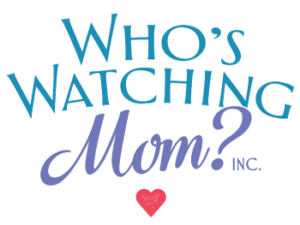Seniors, Protect Yourself from Scams, Fraud, and Abuse!
Studies show that the losses from the financial exploitation of seniors are staggering. True Link Financial reported that as of 2015, annual losses from elder scams were nearly $37 billion, while others estimate economic losses are in the millions of dollars per year.
The exact amount is not important. If you fall victim to senior scams, identity theft, or overreaching by trusted caregivers or family, the losses of even a part of your “nest egg” can be devastating. Seniors who are victims will not be able to make up for such losses: investments take time. Seniors cannot accumulate returns needed to replace the losses. You usually cannot recover the stolen funds from perpetrators who are often unknown and even in other countries.
Even though there are legal remedies to deter scammers and recover losses, these are time consuming and burdensome for seniors to prosecute. Often senior victims do not report the scams and even when they do, dementia and disabling conditions often create problems of proving the claim. These practical difficulties only worsen with age.
All is not lost though. If you act before suffering such losses, you can minimize their risks. By establishing advance safety measures to lessen the risks, the chance that you will be a victim can be greatly reduced. Unfortunately, there is no absolute safeguard applicable to everyone, but there are planning options available.
How do I protect myself or my parents from scams and fraud?
- Obtain second opinions about large expenses or investments before agreeing to them;
- Require your financial agent (i.e., your attorney-in-fact or trustee) to report and account to you or other trusted persons about their activities done on your behalf;
- Designate and require more than one financial agent who must act together: “two heads are better than one”;
- Limit the power of your financial agents to make gifts to themselves;
- Permit an Independent trustee to veto or withhold payments that are not in your best interests or consistent with your stated life goals;
- Allow a third party (without access to your funds) to monitor your accounts, asset holdings, and gifting to watch for unusual large withdrawals, payments, or gifts;
- Designate a third party fiduciary to manage your affairs for you if you are unable to manage them by yourself, with written instructions that they are mandated to follow; or
- Separate the role of caretaker from the roles of fiduciary handling financial matters;
- Establish a separate entity to own your assets and income with tax reporting numbers different from your social security number.
These are only a few of the advance safety plans that you can put into place.
Although there is no one 100% fraud-proof solution for every person for every situation, it is important that you act to establish a prevention plan that is appropriate for you before it is too late. Your professional advisors and attorneys can help to determine the structure or structures best suited for your situation.
Do not wait for something to happen to you: proactively address the risk before suffering devastating losses from which you cannot recover.
The advisors at Who’s Watching Mom?, Inc. can meet with you, learn your situation, and help you determine the most appropriate protocol for your situation.
Get more information at Senior Linkage Line
